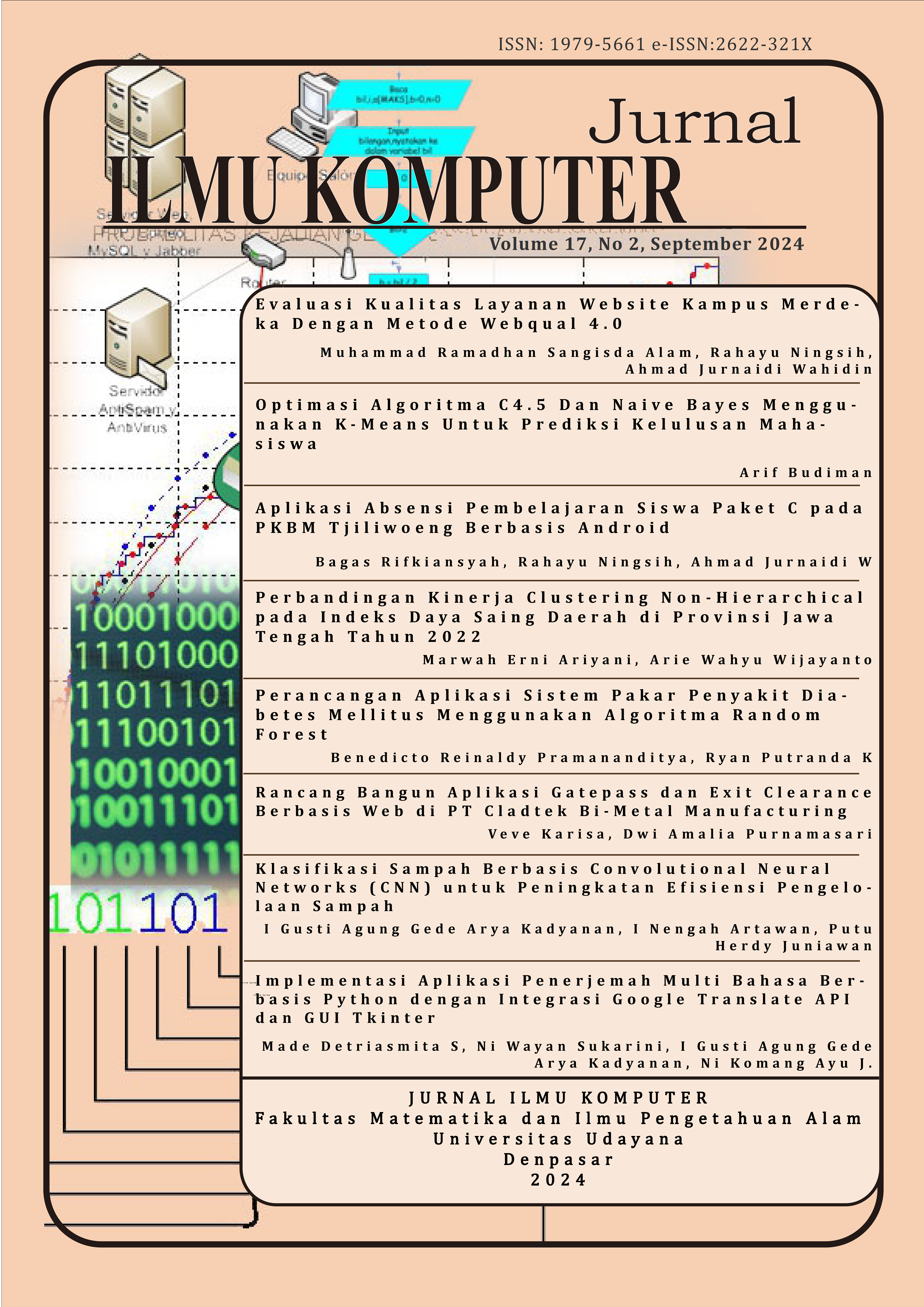Evaluasi Kualitas Layanan Website Kampus Merdeka Dengan Metode Webqual 4.0
Abstract
Based on the data from Kemdikbud Ristek, more than 60,000 students have benefited from the MSIB Kampus Merdeka program. In the first batch, there were 12,837 students from 543 universities and 121 partners. In the second batch, the number of students doubled to 24,873 from 638 universities and 152 partners. Meanwhile, in the third batch, there were 27,977 students from 645 universities with 219 partners. This study analyzes the user satisfaction of students participating in the Kampus Merdeka program, specifically at Binasarana Informatika University, focusing on website quality (usability, information, and interaction) using WebQual 4.0. The results indicate that all three website quality variables significantly influence user satisfaction (F value = 45.350 > F table = 2.69). The coefficient of determination (R Square) shows a strong relationship between website quality and user satisfaction (58.6%), with other variables outside the scope of the study explaining the remaining variance. Partially, Information Quality does not have a significant effect, while Usability Quality and Service Interaction Quality have a positive and significant impact. Overall assessment of Kampus Merdeka website satisfaction is predominantly rated as good (51%) and very good (46%), indicating the need for improvement in terms of usability and website interaction.





 Submissions
Submissions






